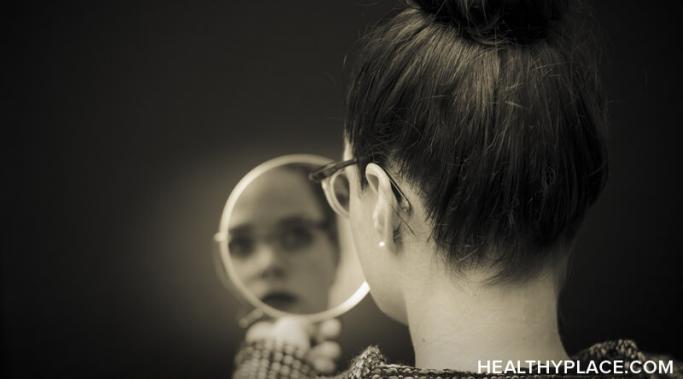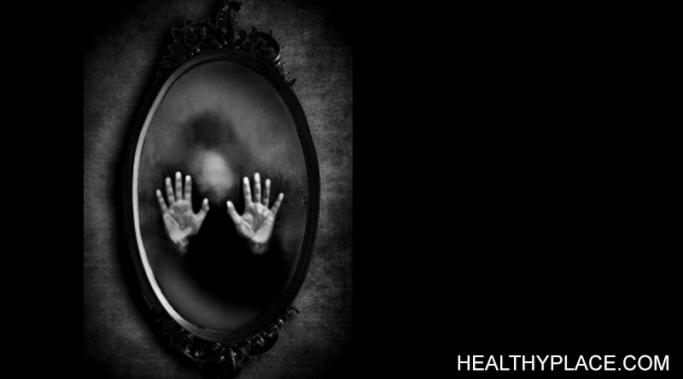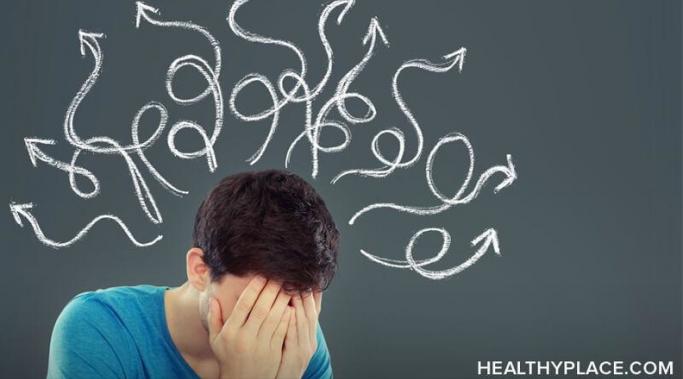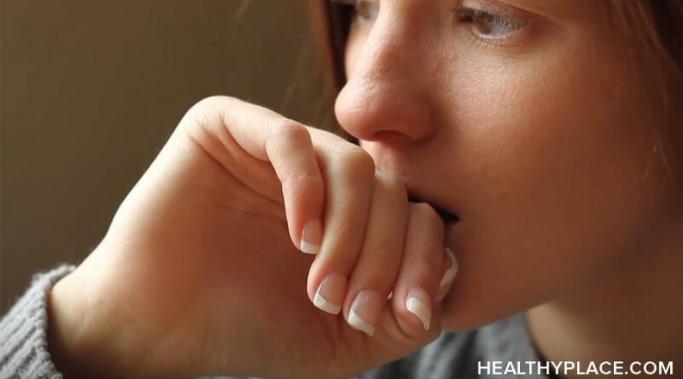After I wake up in the morning, one of the first things I see is my reflection in the mirror. Like many people with depression, I don't always like my appearance. Years ago, I obsessed over it to the point that gaining a few pounds was enough for me to isolate myself. In this post, I recall my experiences with image struggles and how I have been learning to overcome them.
Growing Up with a Mental Illness
One of the most memorable mental health therapy sessions I have ever had focused almost entirely on the question “what does your anorexia do for you?" That was it, just those few words, lost on the vast, white surface of the display board. There were no hidden meanings, no underlying hints of the rhetorical. I was simply faced with the one question I had never been seriously asked before: does mental illness serve a purpose? And my mind exploded, shifting perspectives in a rare and colossal flash of clarity.
This quote has made me consider if mental illness really is the barrier to success we imagine it to be:
Success is not final, failure is not fatal: it is the courage to continue that counts.
Throughout my life I have found myself in positions that I thought would break me entirely. I have sat in my room with no door, surrounded by debts, destruction and bowls of my own vomit. I have laid in a hospital bed, covered in tubes and wires – desperate and alone. And I have crouched on the floor of mental institutions, rocking and trapped, painting bloody smears on the walls from the masochism of my own fingernails. But has all this mental illness been a barrier to success?
Growing up is difficult. It is unstoppable, beautiful, ugly, painful and hard. It is full of examinations, zits, hormones, bad hair days and unrequited crushes. Awkward first dates, sloppy first kisses and neon pink eyeshadow that really does not look good with those red skyscraper shoes. But throw a mental illness and a desire to date into the mix and growing up can be torturous.
In my experience, I have found that the diagnosis of a mental disorder can be almost as difficult to deal with as the illness itself. In fact, it can be enough to throw your whole life off kilter and send you spiraling down into the blackest abyss – scrabbling at mass segments of misplaced sanity and reason. Or at least, that’s how it was for me.
Being diagnosed with anorexia as a teen -- 13 -- evoked a conflicting quantity of emotions. I was hit with a sense of surrealism, fear, confusion and even a barely formed hint of masochistic pride. Because the verdict literally happened overnight, one moment I was a young, active and apparently healthy teenage girl – and the next I was anything but. I was anorexic -- malnourished, insensible and broken. I was a pariah.
My name is Hannah Crowley, and I was first diagnosed with anorexia nervosa in 2003 when I was just 13 years old. I was a young, sheltered, over-achiever with absolutely no concrete idea of what my diagnosis meant. Weren’t anorexics all just stick-thin models who were far too vain for their own good? Because that’s what I had heard, somewhere. That’s what the papers told me. That’s what my parents said. That’s what I read in the pages of magazines I had hidden covertly between the covers of English classics. Bronte, Dickens and Austin. Anorexia was stupidity. It was a sin. I should probably just eat, get over myself, and grow up. Right? Wrong.




